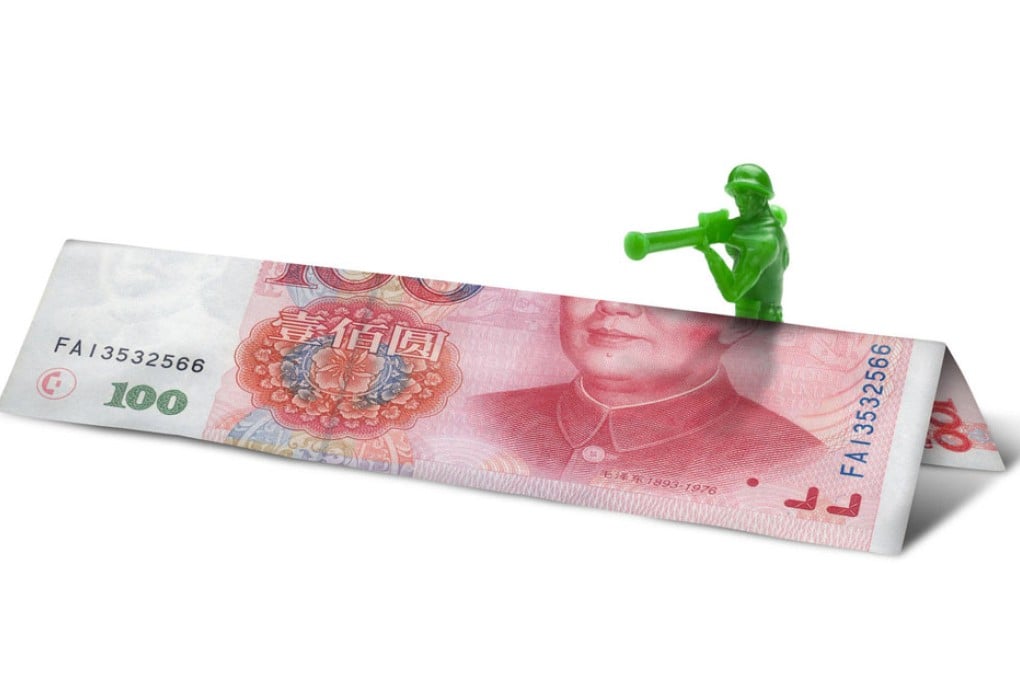Time to pull the trigger
Beijing needs to apply Bazookanomics and take aim at the mainland property market, after failing to cool it with ineffective attempts at reform

Beijing's carrot and stick approach to managing the economy has generally delivered more of the latter over the years.

This was the essence of Chinese Bazookanomics which, until the 1990s, worked quite well on Party members, state-owned enterprises (SOEs) and virtually everybody else operating in a tightly planned economy where a combination of self-discipline, quantitative restrictions on every aspect of economic life and sacrifice for the common good were the watchwords of the system.
But with economic liberalisation, Bazookanomics has lost much of its firepower, as private-sector economic agents assert their self-interests.
This is particularly clear in the real estate sector.
Since 2007 the mainland government has regularly pledged to bring down property prices and tame construction activity with a series of policy restrictions and penalties designed to force rule-breakers back into line with official objectives.